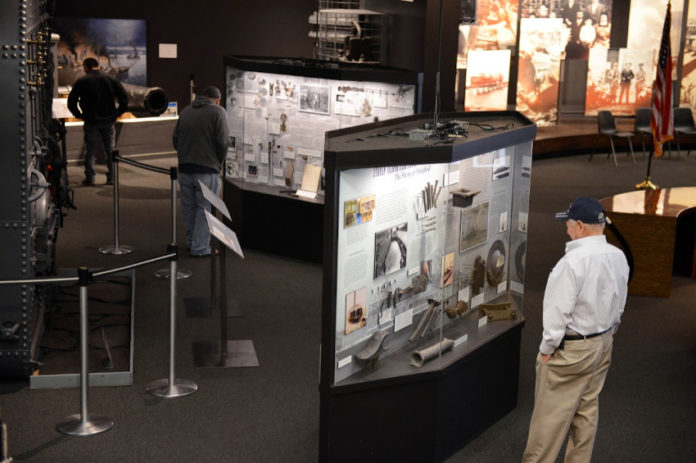One of the commonest misconceptions we come across in planning for heritage interpretive programs or services at museums and visitor attractions is that of developing interpretive themes. Here are a few ideas and examples that may help making this part of the interpretive planning process easier and more effective.
What exactly is an Interpretive Theme?
The interpretive theme is the central concept or key idea of any visitor experience presentation. Not only does the development of an interpretive theme provide organizational structure and clarity of purpose of the program, it also has a dramatic effect on the whole business planning process. Interpretive themes help you plan exhibits and manage visitors; it affects how you train your staff, who your market is and what you sell in the gift shop. It is all encompassing and the single most important element in interpretive planning. Once the interpretive theme has been decided, everything you do in effectively presenting that theme to the audience falls into place.
Themes should:
- Contain one main idea if possible (you can have up to 3 but one is better)
- Be stated as a short, simple, complete sentence
- Reveal the overall purpose of the experience, program or activity
- Be interestingly and motivationally worded when possible
Article Source: http://EzineArticles.com/883848











